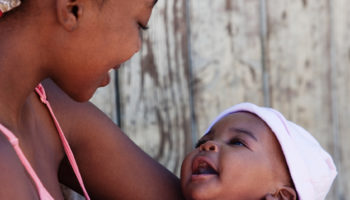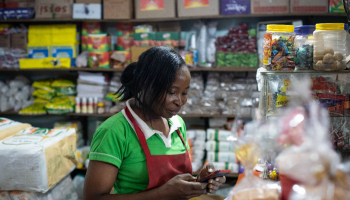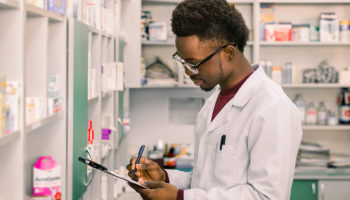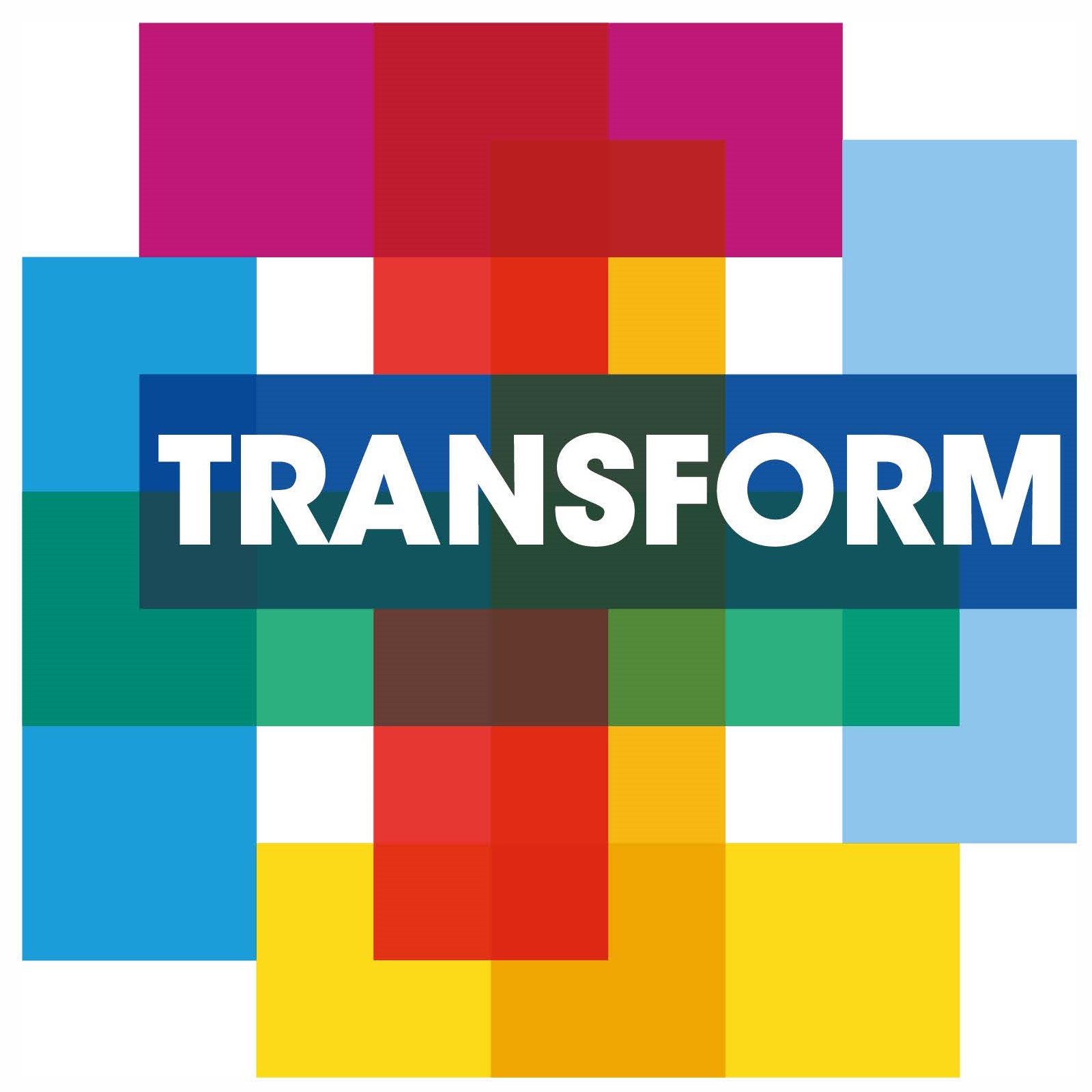How TRANSFORM helped Mr. Green Africa get under the skin of consumers to tackle stigma around plastic waste in East Africa
Published on: 01/10/2021
By-line: Mike Stockman, Chief Strategy Officer, Mr. Green Africa
The ambition: Creating localised circular economies
Mr. Green Africa (MGA) is a Kenya-based enterprise, leveraging business as a force for realising sustainable social, environmental and economic impact through the collection, conversion and selling of post-consumer recycled plastic (PCR) waste. Tackling not one but six SDGs (1, 8, 11, 12, 13 & 17), we use a technology-driven collection model that allows the local conversion of collected plastic waste into high-quality PCR, which is on par with imported ****** plastics.
With the ambition of creating localised circular economies, we are working closely with manufacturers to supply high quality PCR to FMCGs, helping them to realise their sustainable packaging goals by providing ethically sourced, locally produced PCR.
The challenge: De-stigmatising plastic waste in Kenya
In order to close the plastics loop, we knew we needed to first tackle the issue of plastic waste at its source. A lack of consumer understanding has led to a deeply engrained stigma surrounding plastic waste in East Africa: a stigma that is especially prominent around those who collect it for a living, leaving waste pickers as a largely marginalized and vulnerable part of society. This stigma has meant that consumers are hesitant to segregate their waste or engage in buy back schemes where plastic waste is purchased directly from waste pickers.
That’s where TRANSFORM came in – to help us change the perception of waste in Kenya, specifically amongst plastic users. When we applied for funding in 2019, we set ourselves the goal of creating a completely new research-driven consumer-facing plastics collection model. It was during this process, with support from TRANSFORM and the Busara Center for Behavioural Economics, that we were able to conduct research on consumer behaviour around waste management and recycling, and, based on insights gathered during the research, create value propositions and operational models that address consumer needs.
To our knowledge, research of this kind, in this depth, has never been done before, at least in East Africa. This offered an opportunity to create a strong value proposition, accompanied by the operational infrastructure and incentive schemes needed to engage with consumers and break through the stigma associated with plastic waste in this part of the world. We wanted to take a human centred approach to the problem, so working with behavioural change specialists at Unilever to gather insights was a crucial first step. To do this, we held 65 in-depth interviews across our target audience in Nairobi, bolstered by a literature review on the subject. Based on the insights, we created three personas that described distinct features of typical plastic users and created a journey map for each to illustrate pain points during the experience of waste management.
The solution: Increasing the value of plastic waste to consumers
From the research, we knew that once consumers understood that plastic waste has value, they would be interested in redeeming that value quickly. We also knew that the locations would need to be safe, convenient and stigma free. With our consumer personas in mind, we developed and tested two distinct collection models: the MGA Duka Model and TotalEnergies Aggregation Centre model.
The Duka model leveraged small retail shops that supply the majority of consumer goods to low-income communities. Duka’s are trusted spaces at the heart of communities in Kenya and offer an ideal space for plastic aggregation centres. We developed value propositions for consumers to drop plastics at MGA approved dukas, and for duka owners to aggregate the plastics and reward consumers on our behalf. In addition to consumers, we developed a value proposition for duka owners to aggregate plastics on behalf of MGA, increasing their monthly income while driving more consumers to their shops to deposit plastics and redeem their points.
Secondly, we partnered with TotalEnergies to place MGA aggregation points at two petrol stations in Nairobi. TotalEnergies stations are viewed as aspirational for many, encouraging consumer footfall and engagement with the model. Using a phone based USSD system, consumers are able to register and trade plastics for MGA Green Points which are redeemable at Bonjour Shops and beyond. We are currently in phase two of the prototype phase and are discussing expanding the partnership.
Of the two models, the duka approach was more successful in terms of the amount of plastics collected and points redeemed, however the TotalEnergies model has been successful in engaging clients and getting consumers excited. Drawing on the key learnings from both, we will likely follow a hybrid model for our next phase of work.
The future of Mr. Green Africa
We are currently raising a Series B round of funding to support the growth of the company through to 2025. Our strategy for the next few years will focus on improving the MGA collection network, developing our consumer facing collection models, encouraging global organisations to opt for high-quality PCR (as opposed to ****** plastic), and expanding our footprint in emerging markets.
De-stigmatising plastic waste in Kenya has been a huge journey for MGA, and support from TRANSFORM has been key to allow us to learn, experiment, fail, and iterate our consumer facing plastic waste collection strategy. It is often difficult for companies in early stages to dedicate funds for research and development, so we feel incredibly grateful that TRANSFORM have provided us the opportunity to do so.
If you would like to support us on expanding the MGA collection network, please contact us on contact@mrgreentrading.com
For more learnings from TRANSFORM’s projects, check out the News & Insights section on our website and make sure you’re signed up to our Newsletter by clicking the link here.
-
 Insights
Insights
Related impact stories
- Supporting mothers through the pandemic
 ActiveBliss Group is pivoting to support mums and babies during the COVID-19 pandemic.Transforming health through digital innovation
ActiveBliss Group is pivoting to support mums and babies during the COVID-19 pandemic.Transforming health through digital innovation

 Digital Health
Digital Health
Ensuring access to crucial healthcare information and products
 NaijaCare will equip PPMVs in Lagos with the information and resources they need to serve their communities through the pandemic.
NaijaCare will equip PPMVs in Lagos with the information and resources they need to serve their communities through the pandemic.
